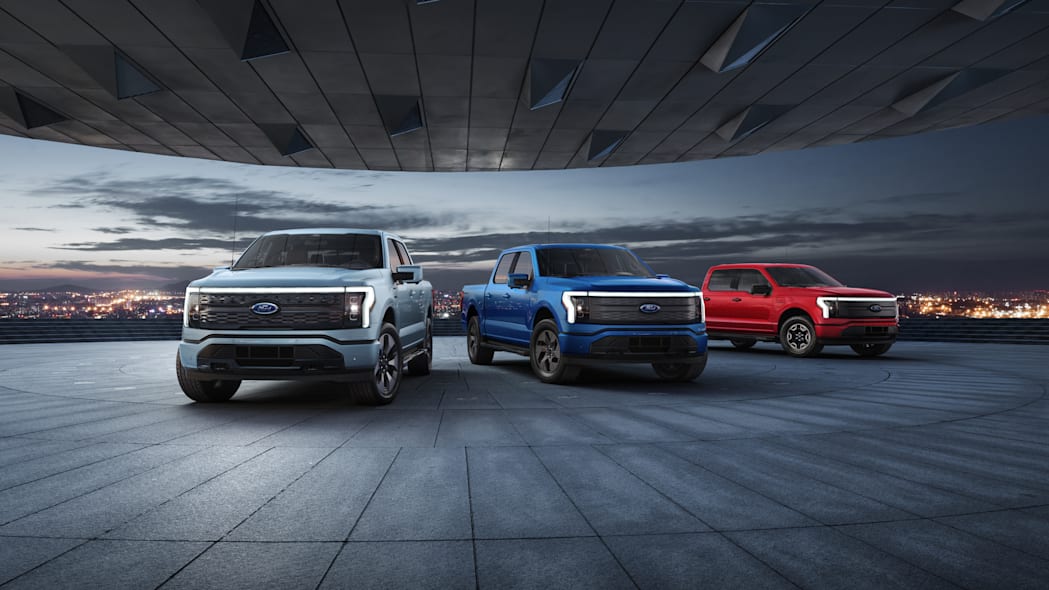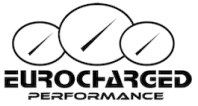
The SVT Lightning represented a high performance truck that forever changed the performance scene. Specifically, the second generation model with a supercharged 5.4 liter V8. This basic V8 design went into the Ford GT after all and kicked off a power war with Ford launching the Terminator supercharged 4.6 liter V8 Mustang.
This new Lightning is not changing the performance game. It's powerful, sure, with the standard Lightning producing 426 horsepower and the extended range version with 563 horsepower. You have 775 lb-ft of torque available in both.
Obviously it needs to be charged but fast charging time seems reasonable:

You get 230 miles range for standard and 300 for extended. It will tow too with the standard rated at 7000 pounds and extended 10000 pounds. What effect that has on the range will need to be tested.
What do the two battery packs weigh? Good question. Only available as a SuperCrew 4-door it will not be light.
With 0-60 in 4.5 seconds the truck moves almost a second quicker than the supercharged model it shares a name with but that supercharged model could be modified to run, well, whatever your bank account could handle. Today we have 2000+ horsepower examples and good luck with modifying the new Lightning.
Ford could have built a cool new EV performance truck to honor the Lightning name but instead is diluting it. People buying this new EV truck won't care but enthusiasts have to wonder what a new Lightning could bring with the technology and engines Ford has at its disposal today. Would a standard cab all wheel drive F-150 with a Predator V8 and hybrid all wheel drive assist honor the Lightning name better? Yes indeed.
The base model starts at $39,974 with prices going to $90,474 for the Platinum.














vBulletin Message